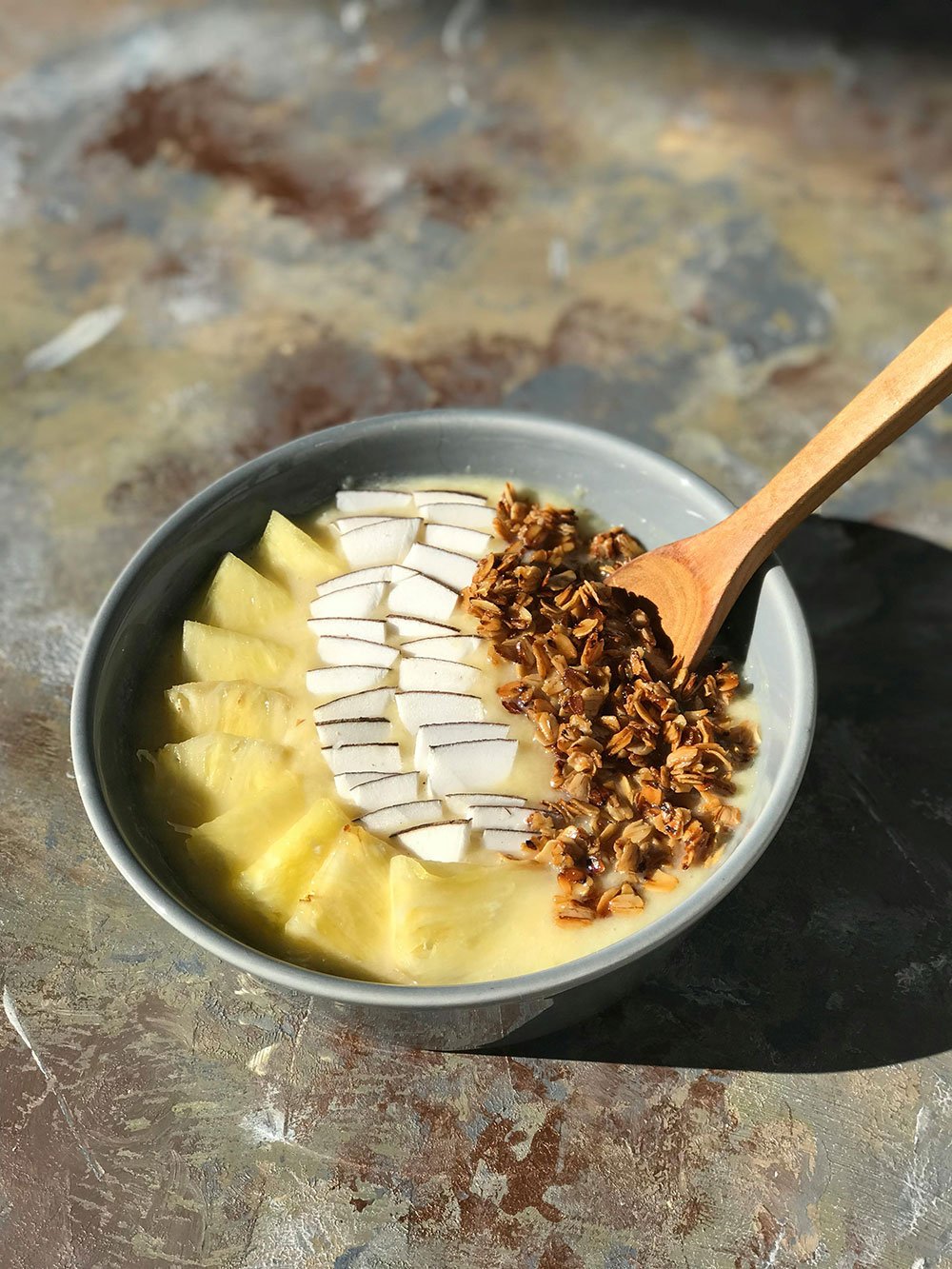Boosting Immunity with Homeopathy: Insights and Treatments
Introduction to Homeopathy and Immunity
Homeopathy is a unique system of healthcare that operates under the principle that the body can heal itself, using preparations known as homeopathic treatments to stimulate a natural body response.
This method, particularly in the context of boosting immunity, claims to prepare and strengthen the immune system to better fend off and recover from illnesses.
The Principle of Homeopathy
The theory behind homeopathic practice is ‘like cures like’ where substances that produce symptoms of sickness in healthy individuals are given in diluted form to sick patients to prompt their natural defenses.
The treatments are highly diluted, which supporters believe to trigger a biological response within the immune system.
Homeopathic Treatments for Enhanced Immunity
Certain homeopathic treatments are purportedly suitable for boosting immunity. These treatments are tailored not just to treat symptoms, but also to affect the immune system in a more holistic, adaptive way.

- Silicea: Often used to fortify the connective tissues and skin, enhance recuperative abilities of the body, and boost resistance against infections.
- Calcaria Carbonica: Typically used for individuals who are chilly, easily fatigued, and have recurrent infections.
- Arsenicum Album: Employed for its supposed efficacy in treating gastric and respiratory complaints and its potential immune-boosting properties.
- Echinacea: While more commonly recognized in herbal medicine, Echinacea is also used in homeopathy to address recurring infections and boost overall immune health.
Safety and Considerations in Homeopathy
Due to the high dilution of substances in homeopathic treatments, they are generally considered safe and are very unlikely to cause severe adverse reactions. However, it’s crucial to approach homeopathy with the following considerations:
- Professional Guidance: Always involve a certified homeopath who can guide remedy choices and dosages appropriately.
- Monitor Response: Keep an eye on the body’s response to the treatment and report any changes to the homeopath.
- Integration With Conventional Care: Inform your primary healthcare provider about any homeopathic treatments being used, especially if immune-related health issues are present.
Research and Effectiveness of Homeopathy for Immunity
The scientific community remains skeptical about homeopathy due to a lack of rigorous scientific evidence to significantly validate its effectiveness in a clinical sense.
Reviews and studies have varied, with some expressing positive outcomes and others indicating no better results than placebos. Nevertheless, personal anecdotes and historical use continue to fuel the use of homeopathy by numerous practitioners and patients worldwide.
Advantages of Homeopathic Treatments for Immunity
Advocates for homeopathy point out several benefits:
- Gentle Approach: They are non-invasive and free from chemical substances, which is appealing to those preferring minimal medication.
- Personalization: Homeopathy considers the patient’s physical, emotional, and psychological states for a more personalized treatment.
- Cost-Effective: Often less expensive than conventional medicines.
Scientific Scrutiny and Public Perception
Despite some endorsements in the broader community, homeopathy is viewed critically in mainstream science. Critics argue for more comprehensive, randomized controlled trials.
Organizations such as the National Center for Complementary and Integrative Health (NCCIH) provide resources and discussions on the efficacy and safety of such treatments.
Conclusion
Boosting immunity with homeopathy plays into a broader desire for maintaining health through individualized, non-conventional strategies. While definitive scientific support is still underdeveloped, many users of homeopathy trust in its potential benefits based on personal experiences and the foundational theories of this alternative form of medicine.
More Blogs
Homeopathy for IBS and Crohn’s Disease
Digestive disorders such as Irritable Bowel Syndrome (IBS) and Crohn's Disease can significantly impact the quality of...
Enhancing Recovery from Surgery with Homeopathic Remedies
Recovery after surgery can be a significant phase, challenging both physically and mentally. While conventional...
Homeopathy for Reducing Radiation-Induced Fatigue in Cancer Care
Cancer treatments like radiation therapy can often lead to significant side effects, including fatigue. Patients...




